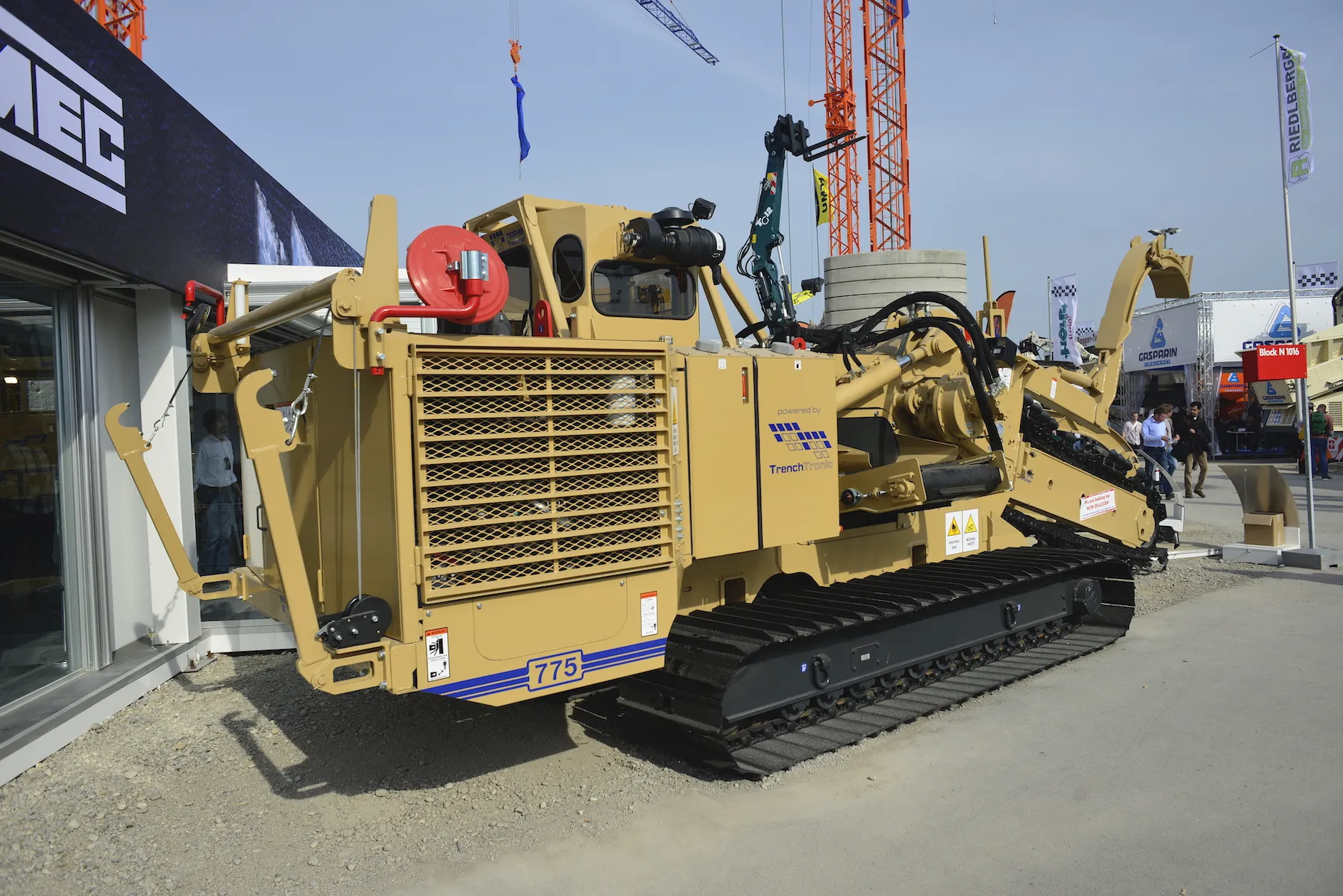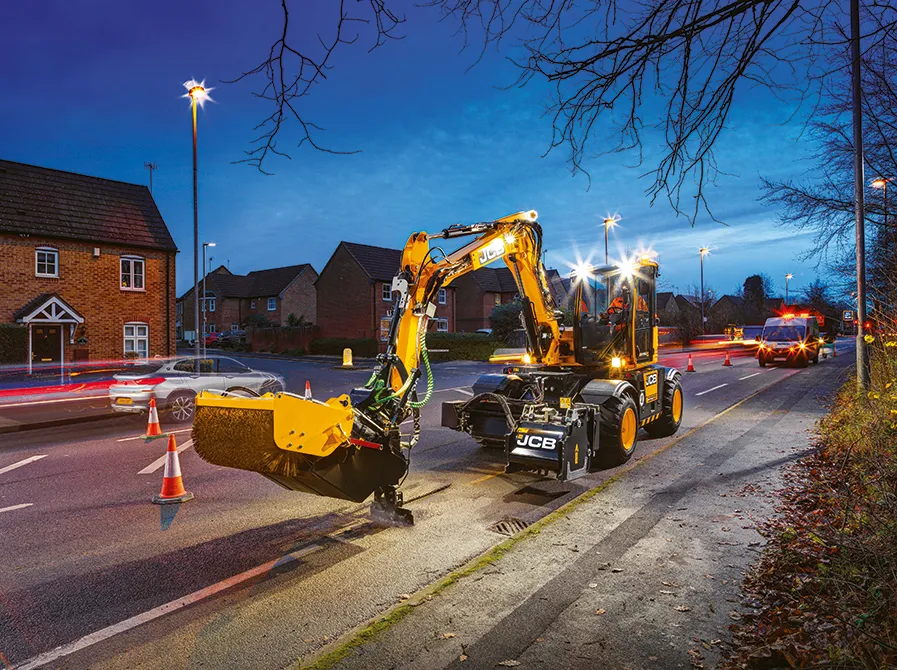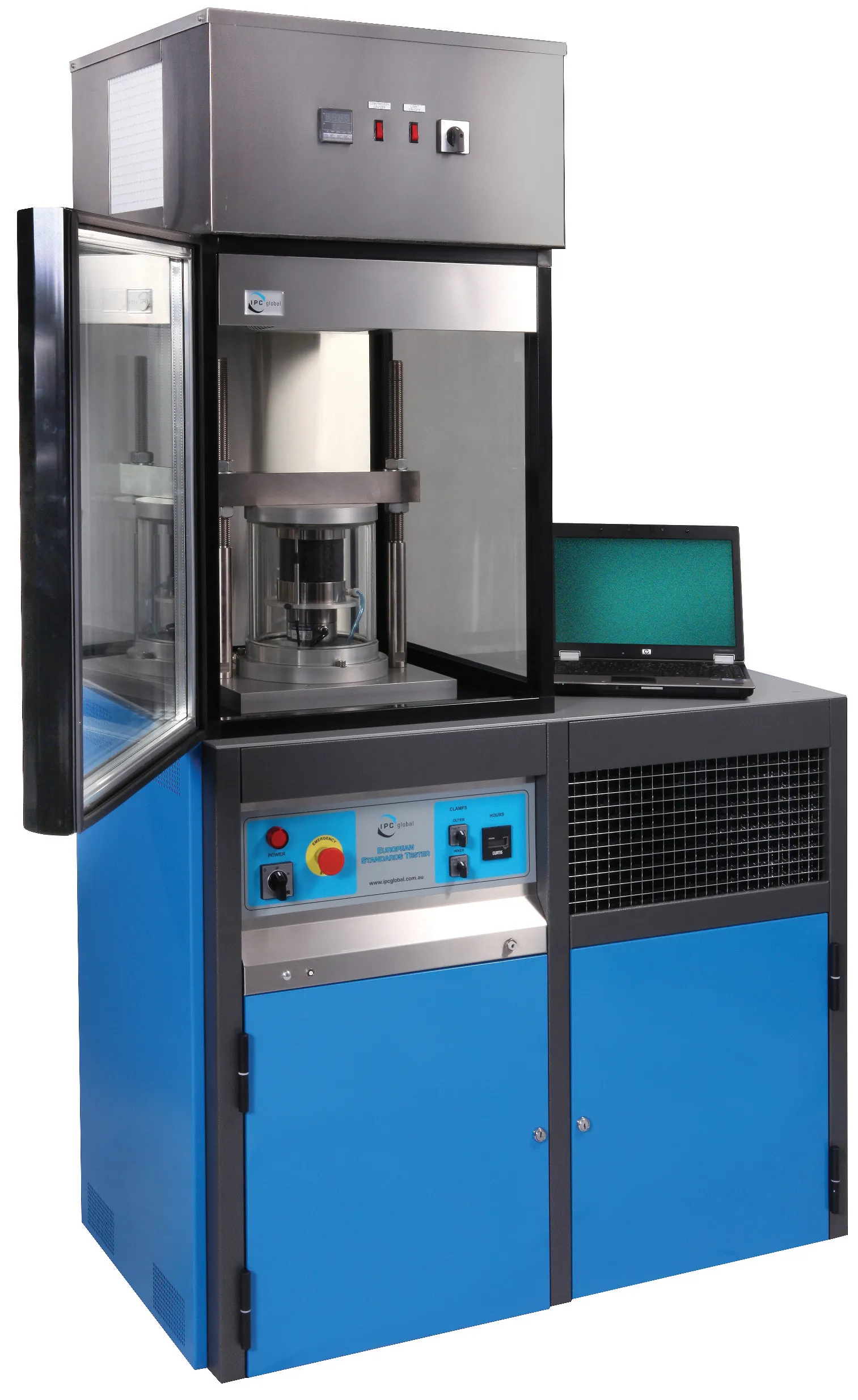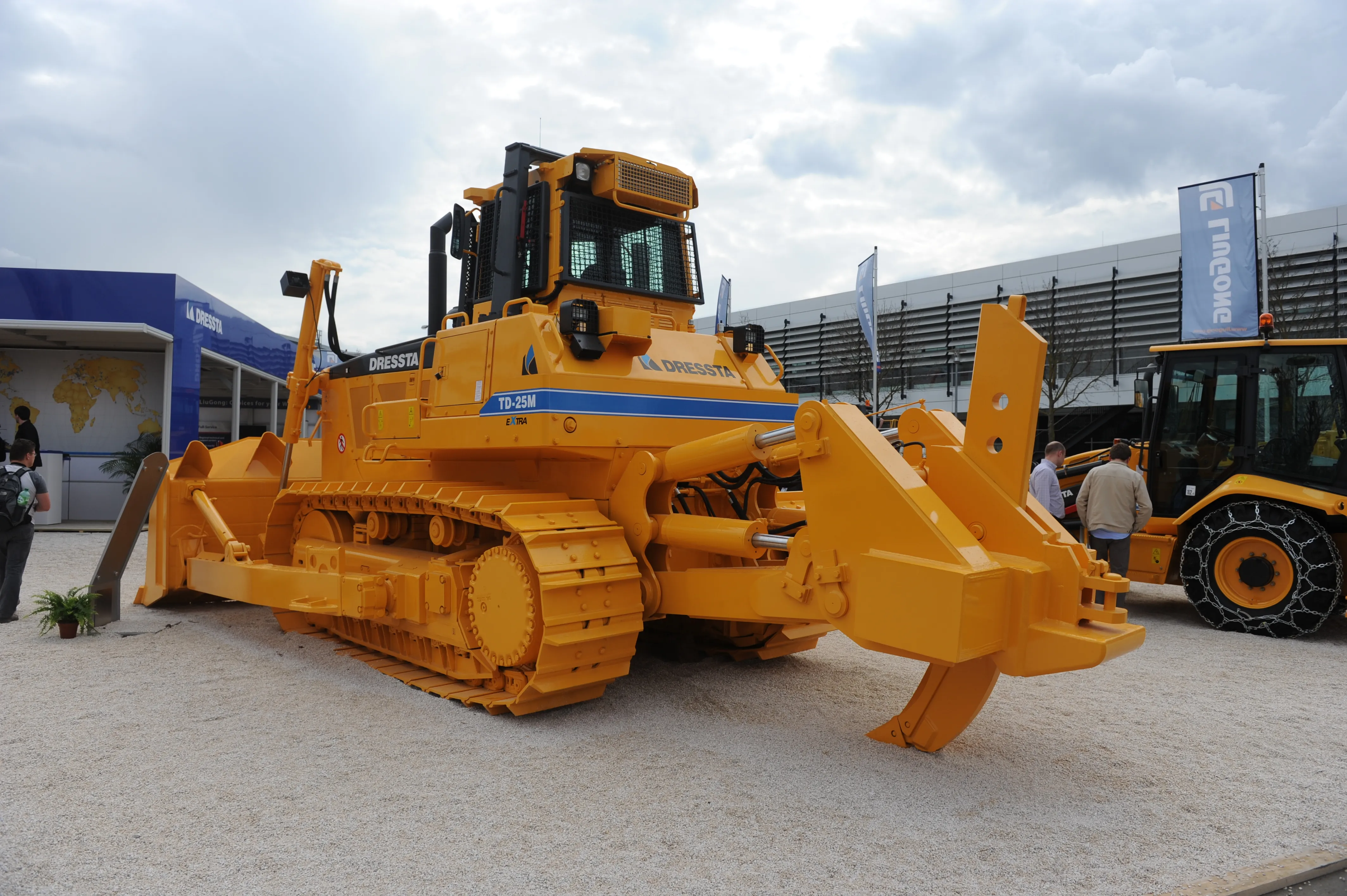Tesmec has developed new technology for its range of trenchers, which makes its machines ‘almost automatic’, according to business development director Paolo Celeri. ‘Trenchtronic’ allows the trenchers to self-adjust the engine load and travelling speed, depending on the soil type.
April 18, 2013
Read time: 2 mins

‘Trenchtronic’ allows the trenchers to self-adjust the engine load and travelling speed, depending on the soil type.
“There can be problems with these machines due to a lack of experience of the operators,” said Celeri. “We wanted to find a solution and came up with a system which reduces the influence of the operator.
“Our goal is to produce a drone machine, something we – and many other manufacturers – are working on.” A fully-automated solution could be less than five years away, he added.
Celeri called on utility contractors to think more intelligently when selecting the right machine for the job. “One trencher can have the productivity of six to 10 excavators for a specific job, such as laying a pipeline or fibre optics,” he said. “And with an excavator, you typically over-excavate by 30 to 50%, which doesn’t happen with a trencher.
“It’s important that we make our engines less polluting, but we also need to change our approach to the way we do the work.”
To help customers further increase efficiencies, Tesmec has also introduced remote monitoring systems (Re.M). “We offer it as a service,” said Celeri. “We can see how a machine is working, what its engine load is, whether it is working or idle. And we can then transfer the data to the client to help them understand how they could improve performance.
View more stories








